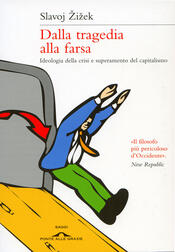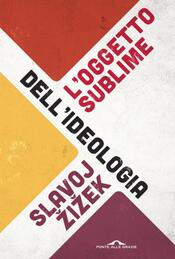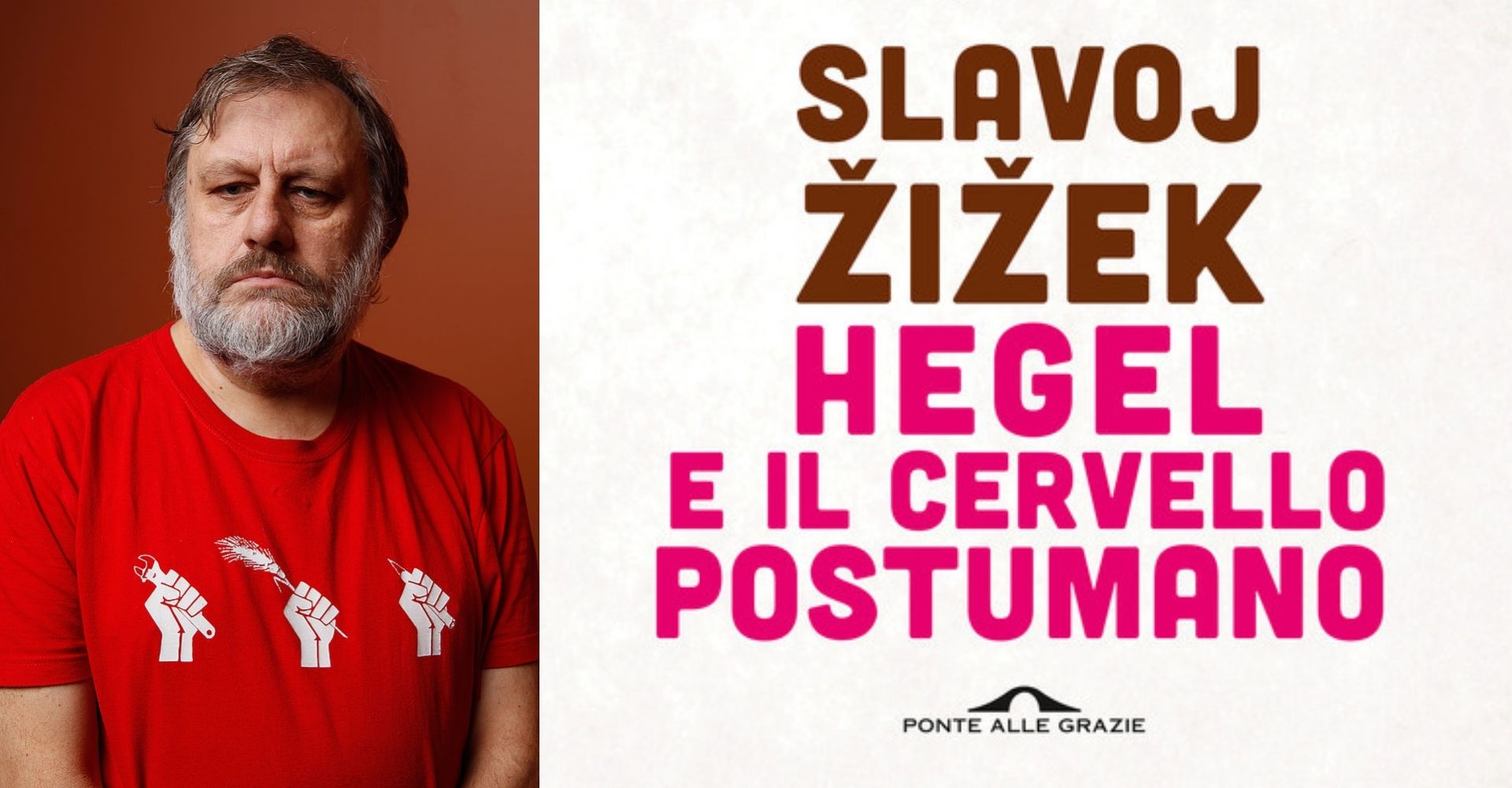Hegel e il cervello postumano
-
Tradotto da: Leonardo Clausi
- Leggi le prime pagine
Tutti i formati dell'opera
Acquistalo
Sinossi
Due idee configurano il mondo postumano in cui stiamo entrando: la «Singolarità» (l’accelerazione tecnologica che produrrà a breve un inimmaginabile cambiamento di civiltà) e il cervello connesso direttamente alle macchine digitali. L’ultima fatica di Slavoj Žižek è un tentativo di comprendere questo «mondo nuovo» con gli occhi di uno dei più importanti filosofi di ogni tempo, Georg Wilhelm Friedrich Hegel. Attenzione però: Hegel e il cervello postumano non è uno studio ordinario sul filosofo tedesco, ma uno stupefacente tentativo di far parlare Hegel stesso dei progetti di cervello connesso e di tutte le sue implicazioni: dalle riflessioni sulla Singolarità dei più ottimisti futurologi fino al Neuralink di Elon Musk, che produce interfacce neurali impiantabili. Allo stesso tempo questo libro parla anche di molto altro: della teologia della Caduta, di Beckett, degli ostacoli alla costruzione del socialismo agli inizi dell’Unione Sovietica, di un nuovo Stato di polizia basato sul controllo digitale, e soprattutto di una parola ormai difficile da pronunciare: libertà. Davanti alla prospettiva di un cervello globalmente connesso, che ne sarà del nostro statuto di individui liberi? Della nostra creatività, del nostro inconscio, del nostro psichismo? Cosa significherà essere umani quando una macchina leggerà i nostri pensieri? Con la consueta, impetuosa vivacità, Žižek riesce nel miracolo di dar nuova vita al grande compito della filosofia: illuminare il futuro.
- ISBN: 8833314812
- Casa Editrice: Ponte alle Grazie
- Pagine: 272
- Data di uscita: 09-09-2021


























